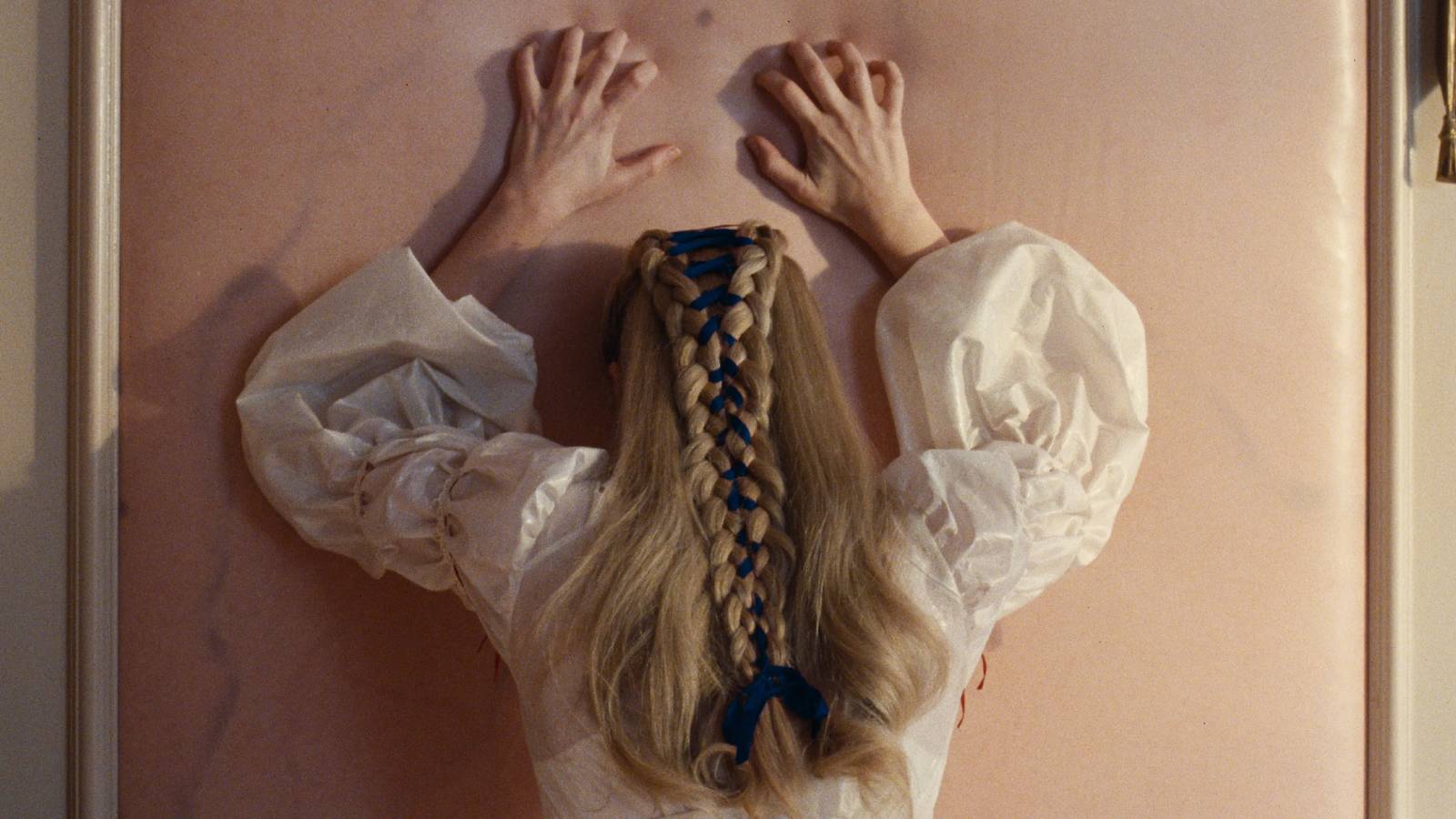Reeves' Reckoning: UK Budget Unveils Major Tax Hikes & Benefits Bonanza Amidst Farmer Fury

Chancellor Rachel Reeves is set to unveil her crucial autumn Budget amidst intense pressure, proposing significant tax hikes and spending measures to address a multibillion-pound shortfall in public finances. She attributes the economic challenges to factors including the Conservatives' legacy, Brexit, and Donald Trump's tariffs, while aiming to cut NHS waiting lists, reduce national debt, and ease the cost of living.
A central and controversial plank of Reeves' Budget plan is the proposed scrapping of the two-child benefit cap. This policy, which currently limits means-tested benefits like Universal Credit and Child Tax Credit to the first two children, costs affected families an average of £3,455 in lost benefits for each additional child. Official figures indicate that lifting this cap will be worth over £14,000 a year to approximately 18,000 low-income families with six or more children. The move, estimated to cost £3.5 billion annually, has drawn criticism for potentially increasing the welfare bill and potentially reducing incentives to work, as some large families could see their benefits exceed the take-home pay of someone working full-time on the minimum wage. Critics of the cap argue it unfairly penalizes children and has exacerbated child poverty, making its removal an 'article of faith' for many Labour MPs. The Department for Work and Pensions (DWP) figures show 470,000 families are affected by the cap, with 59% having at least one adult in work, and nearly 200,000 where no-one is employed.
The broader context of spiralling welfare spending is highlighted by new analysis from the Adam Smith Institute (ASI), which found that the average earner will contribute nearly £2,000 of their taxes to Britain's benefits bill this year—more than any other item of public spending. This comes as increasing numbers of people receive sickness benefits, and Labour reportedly abandoned plans to cut £5 billion from the benefits bill. The ASI's tax calculator further illustrates how a median earner's taxes are allocated, with over £1,000 going to the NHS, £659 to debt interest payments, and lesser amounts to education, defence, transport, the Home Office, Ministry of Justice, environmental levies, and the High Speed 2 railway project. The think-tank's head of research, Jasper Ostle, criticized the government for forcing taxpayers to foot 'ever-larger bills' while public spending spirals.
Reeves is expected to raise taxes by around £25 billion, but faces constraints due to Labour's prior commitment not to increase income tax, National Insurance Contributions (NICs), VAT, or corporation tax on 'working people'. This limits her to a 'smorgasbord' of other tax rises and spending cuts, with economists warning of potential public backlashes similar to the 'pasty tax' controversy. Tax as a share of GDP is already at its highest level since the Second World War, though Reeves may argue higher spending is necessary for public services and an ageing population.
The economic backdrop for the Budget is challenging. The Office for Budget Responsibility (OBR) is expected to significantly downgrade its productivity forecast, which directly impacts economic growth, wages, and living standards. Each 0.1-percentage-point downgrade in productivity could increase public borrowing by £7 billion by 2029-30. Furthermore, high borrowing costs, with 10-year UK government bonds remaining elevated at about 4.5%, and national debt near 100% of GDP, add to the fiscal pressure. Reeves is also focused on cutting the cost of living, with inflation at 3.6% – significantly above the 2% target, despite recent interest rate cuts by the Bank of England.
Adding to the Budget day's tensions, farmers planning a large demonstration against the ending of inheritance relief (dubbed the 'family farm tax') were controversially banned by the Metropolitan Police from bringing their tractors to Whitehall. Organisers accused the police of 'two-tier policing,' noting that previous farmer protests were peaceful, and questioning why other more divisive marches are permitted. This restriction, made due to concerns over 'serious disruption,' has fueled accusations that the decision was aimed at protecting Rachel Reeves from adverse publicity on Budget day, exacerbating farmers' concerns about the future of their businesses.
You may also like...
Premier League Fury: Chelsea & West Ham Hit With Heavy Fines Over Mass Brawl

Chelsea and West Ham have been hit with significant fines by an independent regulatory commission following a mass confr...
NBA Shocker: Luka-LeBron Botch Crushes Lakers' Hopes Against Magic

The Los Angeles Lakers suffered a narrow 110-109 defeat to the Orlando Magic, following a critical botched inbounds play...
Ryan Gosling Shines in 'Project Hail Mary,' Early Buzz Hails 'Must-See Space Odyssey'

Phil Lord and Christopher Miller's "Project Hail Mary" is receiving stellar early reviews, with critics calling the sci-...
Margot Robbie's Latest Epic Love Story Dominates Box Office, Outperforms 'RRR'

"Wuthering Heights," director Emerald Fennell's controversial adaptation of Emily Brontë's novel, has achieved significa...
End of an Era? Mike Patton Hints at Faith No More Split, Fans Brace for Impact

Mike Patton suggests Faith No More's active period may be over, citing an unspoken sense of closure after their last per...
Rock & Roll Hall of Fame Shakes Up 2026 With Star-Studded Nominee List and Artist Reactions

The Rock & Roll Hall of Fame has announced its 17 nominees for the Class of 2026, featuring 10 first-time contenders lik...
Snoop Dogg Unveils Shocking Connection to Bitter Beckham Family Spat

Hollywood megastar Snoop Dogg has weighed in on the ongoing Beckham family feud, which saw Brooklyn Beckham publicly acc...
Shawn Hatosy's Shocking 'Twin, Wife, Mom' Remark on Sarah Michelle Gellar's Ursula

"Ready or Not 2: Here I Come" picks up immediately after the first film, as Grace's survival triggers a new, dangerous g...


